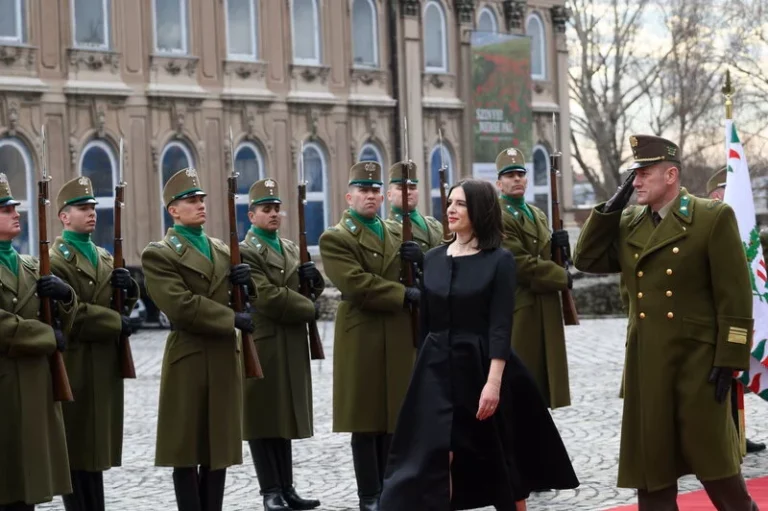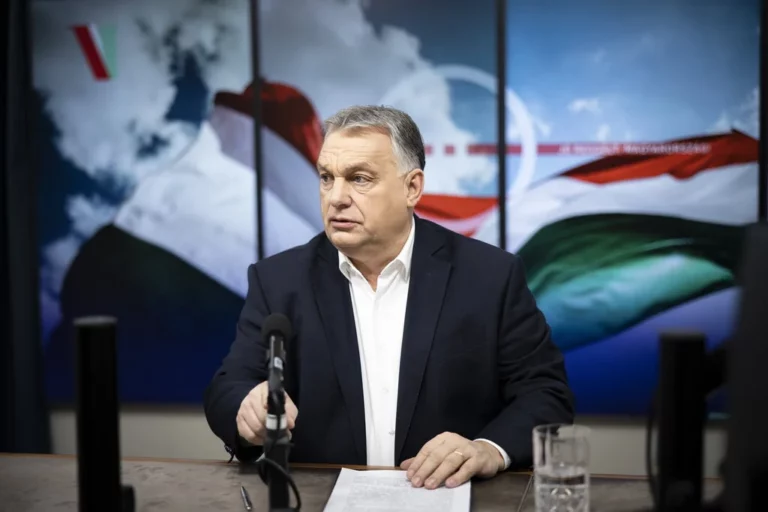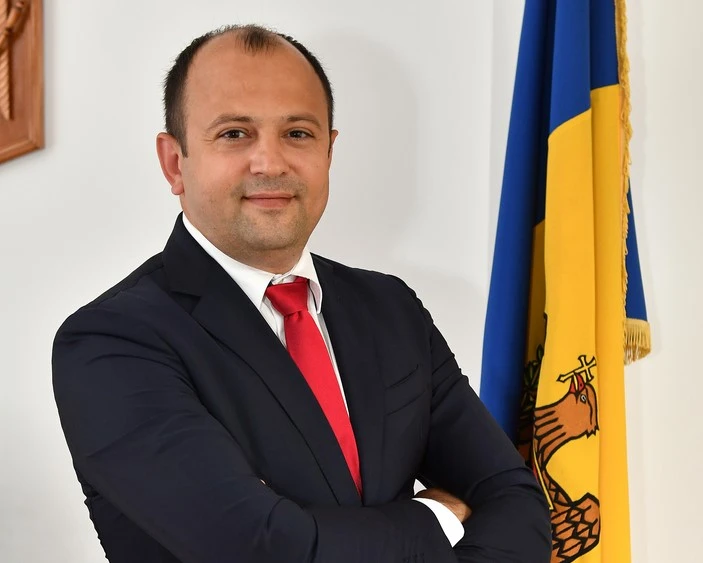INTERVIEW
Gastronomy, culture, Puskás – Interview with the Ambassador of Spain in Budapest

Interview with H.E. Mrs. Karima Kabbaj, Moroccan Ambassador to Hungary

Interview with Turkish Ambassador Karanis on the Turkish-Hungarian relations and many more!

Interview with Tunisian Ambassador Hermi about the Tunisian-Hungarian relations and much more

Prince Harry opens up to Hungarian psychotherapist about his experience with drug use

British press attacks Hungarian writer due to upcoming interview with Prince Harry

Interview with Erik Haupt, Hungarian Ambassador to Greece

Interview with Kosovan Ambassador Budima on the Kosovan-Hungarian relationships and many more

Interview with Palestinian Ambassador Dr Elhusseini on Israel, Hungarian-Palestinian relations and many others

Orbán: EU wants a change of government in Hungary, we entered the age of dangers

Japan’s ambassador to Hungary on mutual relations, Bartók-Kodály-Liszt music, North Korea and more – INTERVIEW

Ambassador of Norway to Hungary on cooperations, Hungarian gastronomy in Oslo, Norwegian students and community and more – Interview

Miguel Xavier Monar, the Ambassador of Ecuadorian cuisine seeks to connect in Hungary

When I met Neil Strauss

Qatar Ambassador to Budapest: Hungary is very rich in human wealth

Ambassador Ronan: the Irish community in Hungary is active, vibrant – INTERVIEW

Chilean ambassador in Budapest: Hungarians, Chileans have a very introspective personality

Moldovan ambassador: Russian aggression is highly destabilizing for Moldova





 ZH
ZH IT
IT DE
DE HR
HR NL
NL FR
FR JA
JA RO
RO RU
RU ES
ES TR
TR
